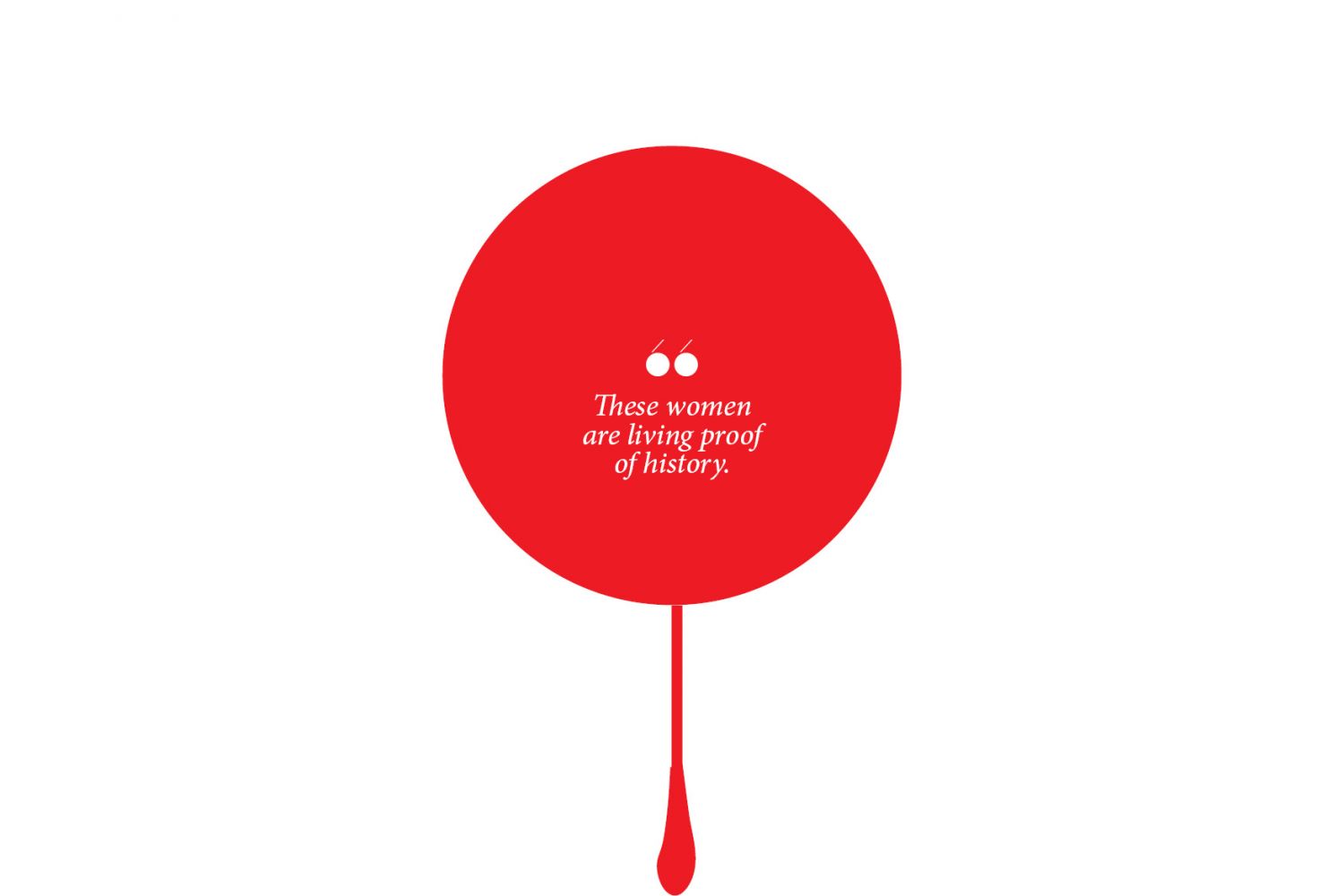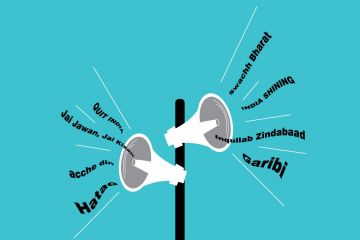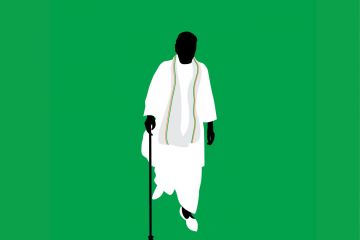
One morning in January 1992, long before the #MeToo movement
was even an idea, a group of South Korean women gathered outside the Japanese
embassy in Seoul, shouting things such as “apologise” and “shame on you”. It
had taken them more than 40 years to break their silence and stand up against
the sexual slavery they had endured as Japan’s so-called comfort women before
and during World War II. Twenty-six years later, a handful of the surviving
victims, along with their supporters,
Continue reading “Japan writes out its war crimes from history”
Read this story with a subscription.





